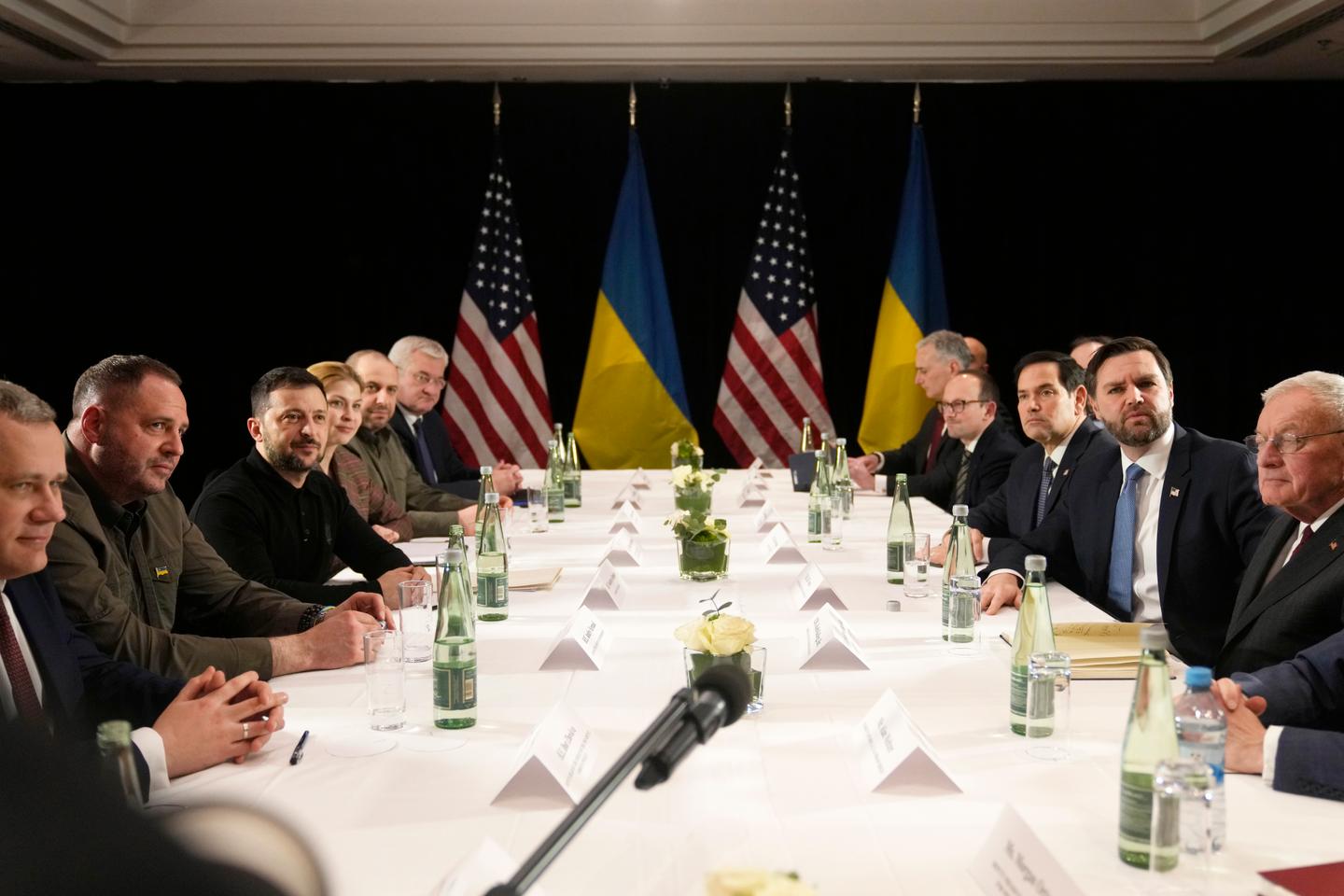A look back at the Munich Conference: the three days that fractured relations between the US and the EU

Shaken, worried and sometimes outraged, the hundreds of representatives of Europe’s diplomatic and military elite who gathered at the Munich Security Conference over the weekend left the snow-covered Bavarian capital on Sunday, February 16, with the impression that they had lived through three days that had shaken the world. Or at least their world, that of an ironclad transatlantic relationship, a pillar of the international system since WWII, which suddenly appears deeply fractured. The Finnish president, Alexander Stubb, tried to sum up this feeling with a nod to Lenin, to whom he attributed this phrase: “There are decades where nothing happens; and there are weeks where decades happen.”
To say that history between Europe and the United States has accelerated over the past week would be an understatement. On Monday, February 10, in an atmosphere that had already been electric since President Donald Trump’s inauguration on January 20, Vice President JD Vance, invited to Paris, lectured the European Union on its “over-regulation” of artificial intelligence. On Wednesday, February 12, Washington fired its first salvo with the announcement of a most cordial telephone conversation between Trump and Russian President Vladimir Putin with the aim of putting an end to the war Putin is waging against Ukraine. The American leader then called his Ukrainian counterpart, Volodymyr Zelensky, to inform him of this.
You have 85.7% of this article left to read. The rest is for subscribers only.
Related
A New Book Argues That What Happens in Europe Doesn’t…
Remaking the World: European Distinctiveness and the Transformation of Politics, Culture, and the Economy by Jerrold Seigel “No issue in world
Poland plans military training for every adult male amid growing…
Poland’s prime minister, Donald Tusk, has said his government is working on a plan to prepare large-scale military training for every adult male in response t
2025 European Athletics Indoor Championships: Ditaji Kambundji secures women’s 60m…
Switzerland’s Ditaji Kambundji walked away from the 2025 European Athletics Indoor Championships in Apeldoorn on 7 March with much more than her first Europea
Takeaways from the EU’s landmark security summit after Trump said…
BRUSSELS (AP) — European Union leaders are trumpeting their endorsement of a plan to free up hundreds of billions of








